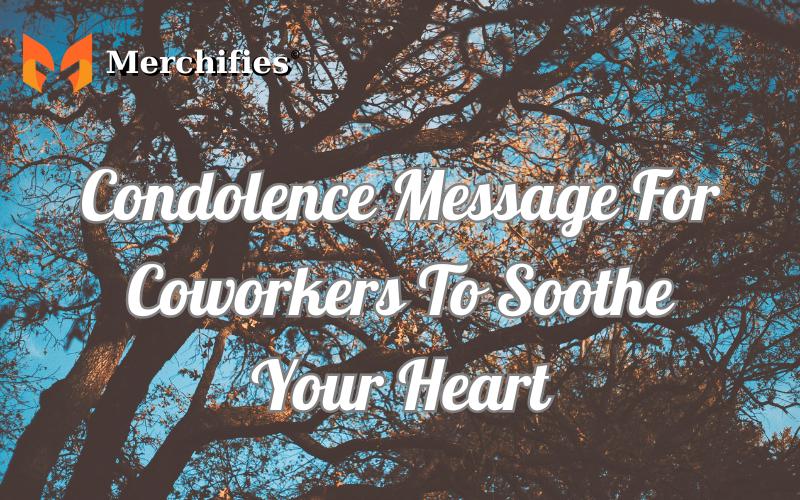-da0801079a650a2e.jpeg)
The Trucker Lifestyle: Pride, Freedom and the Open Road
Explore the trucker lifestyle defined by pride, freedom, and the open road. Discover what drives truckers and how their culture inspires resilience and independence.

Blog Post Contents
When you see a trucker wearing a shirt that says "Born to Roam" or "Keeping America Moving," you're looking at more than clothing. You're seeing identity. Trucker lifestyle shirts tell stories about freedom, sacrifice, and pride in keeping America running.
After working with trucking apparel brands for over a decade, I've learned that authentic designs come from understanding what life on the road actually means. It's not just driving trucks—it's embracing a completely different way of living.
This guide explores the trucker lifestyle so you can create life on the road t shirt designs that resonate with real drivers. Whether you're a POD seller, a trucker, or a designer entering the trucking niche, understanding this culture separates designs that sell from designs that fail.
What "Trucker Lifestyle" Really Means
Trucking isn't a job you clock in and out of—it's a complete lifestyle choice.
Beyond the Steering Wheel
"Once a trucker, always a trucker" exists for a reason. Drivers who leave the profession still identify as truckers decades later. Retired drivers gather at truck stops just to be around that world. This tells you how deeply trucking becomes part of identity.
Modern truckers carry the American cowboy spirit—rebellious, independent, proud. They operate outside traditional workplace structures, making their own decisions on highways stretching coast to coast. Recent events elevated them to "Knights of the Road" status, finally recognizing what drivers always knew: they're essential workers keeping America's economy moving.
The lifestyle extends beyond the driver. Trucker families sacrifice together. Spouses manage households alone for weeks. Kids grow up with a parent who's physically absent but financially present. When you design trucker lifestyle shirts, you honor not just the driver but the whole family system.
The Three Pillars of Trucker Identity
1. Freedom
Truckers experience freedom office workers can't imagine. No micromanaging boss. No mandatory meetings. No corporate politics. They manage their own schedules within regulations, plan their own routes, and solve problems independently.
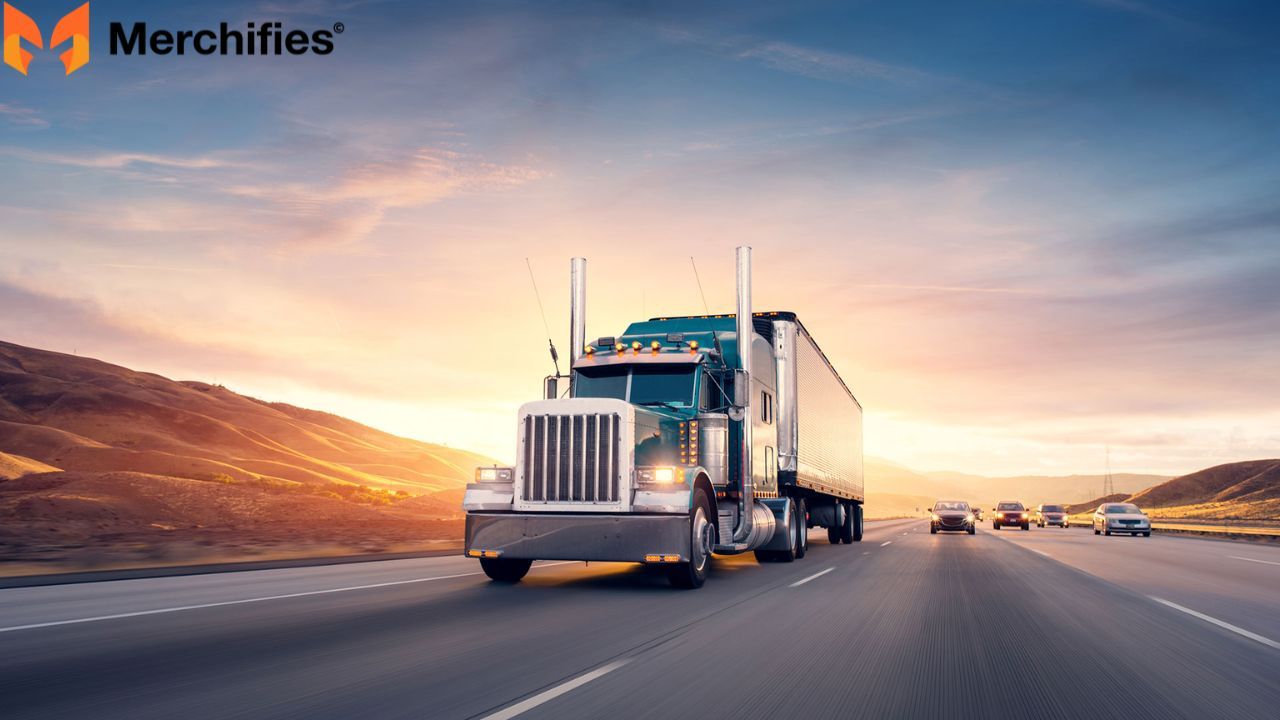
This freedom comes with massive responsibility. Drivers handle safety inspections, maintain logs, communicate with managers, and make critical decisions—all without supervision. The autonomy feels liberating to people who value self-direction over workplace security.
2. Pride
Truckers move 70% of America's goods. Store shelves stay stocked because truckers deliver. Medical supplies reach hospitals because truckers drive through the night. This economic contribution creates deep professional pride.
Beyond economics, there's pride in mastering difficult skills. Safely navigating 80,000 pounds through storms and traffic requires expertise most people don't possess. Accident-free miles become badges of honor. Reliability builds reputation in a community where word spreads fast.
3. Brotherhood
Despite long hours alone in the cab, truckers form one of the tightest communities in any profession. CB radio creates real-time communication networks sharing road conditions and encouragement. Truck stop connections lead to lifelong friendships over coffee and stories.
Only other truckers truly understand the lifestyle challenges—loneliness, physical toll, family sacrifice, constant vigilance. This shared experience creates instant bonds. The brotherhood runs deep.
Why This Matters for Trucker Lifestyle Shirts
Understanding these three pillars means you'll create authentic designs rather than exploitative ones. Truckers spot fake designs instantly. Trucker lifestyle shirts serve as identity markers within the community and to the outside world. At truck stops, drivers notice each other's shirts and start conversations. The right shirt becomes a brotherhood signal.
Freedom and Independence - Core Themes
The word "freedom" appears constantly in trucker culture because it represents something fundamental.
What Freedom Means to Truckers
Freedom FROM traditional office constraints tops the list. No cubicle walls. No fluorescent lights. No team-building exercises. The cab becomes private workspace where drivers control everything—temperature, music, organization.
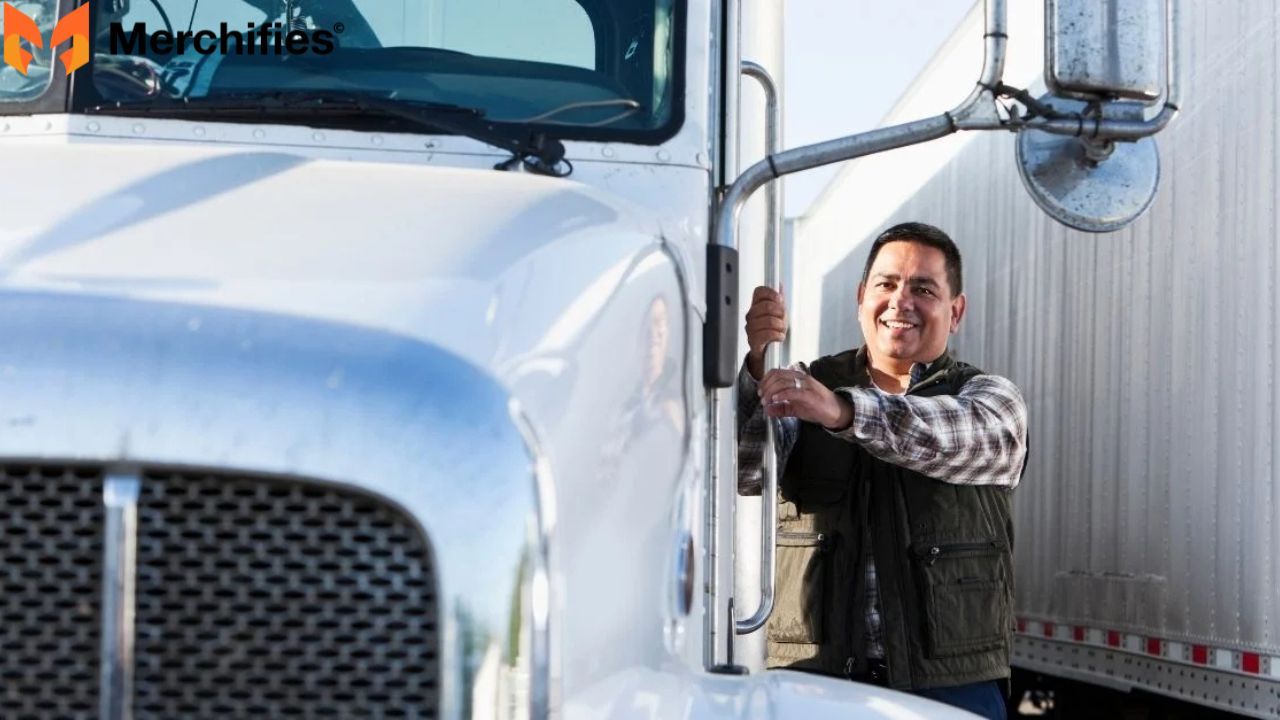
Freedom TO make independent decisions matters equally. When storms approach, drivers decide whether to push through or park safely. When routes have construction, drivers choose alternate paths. This autonomy creates control that office workers rarely experience.
Being your own boss on the road means minimal supervision and maximum responsibility. Companies trust drivers with expensive equipment and cargo without constant oversight. This trust empowers people who thrive on self-direction.
The open road represents escape from routine sameness. Trucking offers constant change—new routes, new scenery, new challenges. The variety prevents soul-crushing monotony that plagues many professions.
The Open Road as Symbol
Coast-to-coast exploration offers geographic diversity few careers match. One week in Arizona desert heat, next week in Tennessee mountains, following week crossing Kansas plains. America's landscape variety becomes daily experience rather than rare vacation.
The endless horizon carries powerful symbolism—infinite possibilities, new beginnings, escape from limitations. When life gets complicated, the road offers simplicity: just the truck, the highway, forward movement.
Long solo hours provide mental space most people never experience. Away from constant notifications and social obligations, truckers find room for deep thinking. Many describe the highway as therapeutic—a place for processing emotions and gaining self-understanding.
Pride in the Profession
Professional pride runs deep in trucking culture, even when the job doesn't get deserved respect from outsiders.
Sources of Trucker Pride
Recent years brought "essential worker" recognition truckers always deserved. When everything shut down, trucks kept rolling. Shelves stayed stocked. Medicine reached hospitals. Suddenly the public understood what truckers do daily—keep civilization functioning.
The "Knights of the Road" designation carries medieval honor connotations. Knights protected kingdoms. Truckers protect supply chains. Knights followed codes. Truckers follow safety protocols. The parallel works.
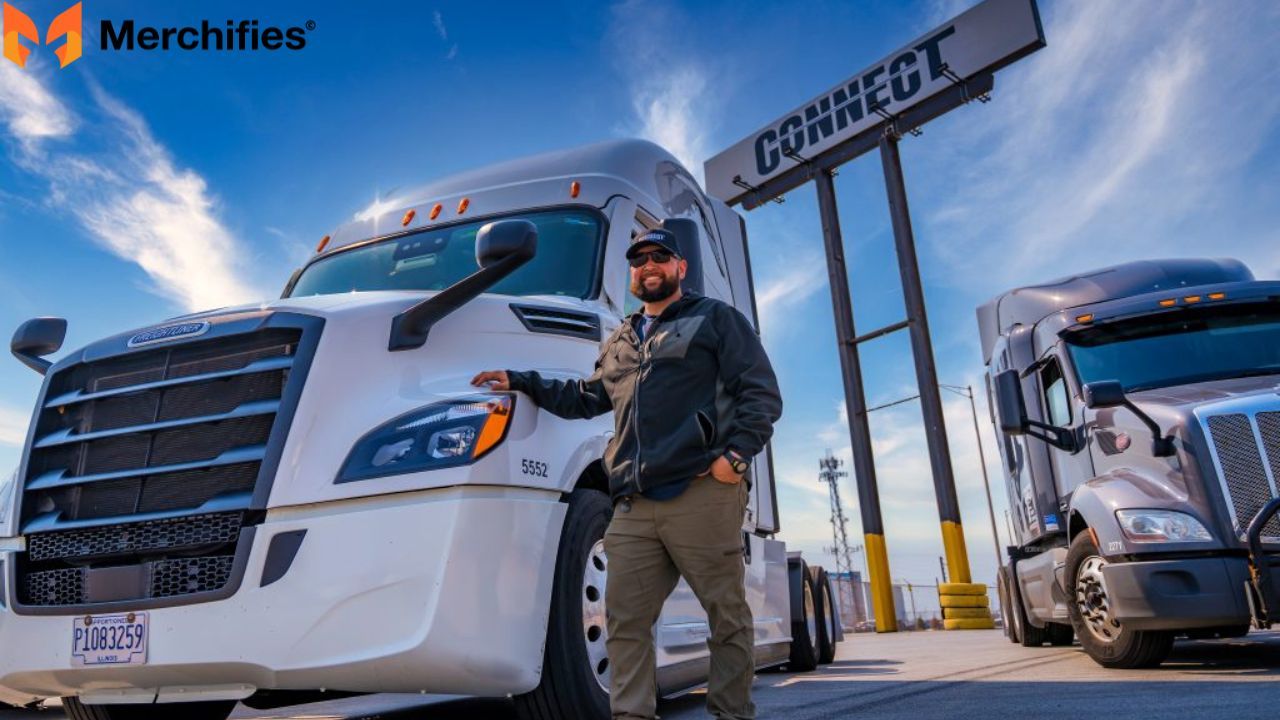
Economic contribution creates tangible pride. Truckers don't push papers—they move real goods that real people need. The work has immediate, visible impact. That direct connection between effort and outcome satisfies in ways abstract work cannot.
Professional mastery takes years to develop. Safely maneuvering 80,000 pounds through tight spaces and bad weather requires skills most people don't possess. Every accident-free year proves competence. Truckers take quiet pride in making difficult tasks look easy.
The Responsibility Factor
Safety vigilance never stops. Every trip requires comprehensive pre-trip inspections checking brakes, tires, lights, and load security. On the road, constant awareness prevents accidents. This responsibility for public safety creates serious professional mindset.
The weight of moving essential goods creates purpose. When you're hauling medical supplies, delays could cost lives. When transporting food during shortages, communities depend on you. This sense of importance elevates trucking from "just a job" to meaningful service.
Million-mile safe driver achievements become sources of immense pride. These accomplishments prove consistency, skill, and commitment over years or decades. Veterans display these achievements prominently.
Multi-Generational Legacy
Trucking often runs in families. Learning routes from your father. Hearing stories from your grandfather's CB days. Passing down industry knowledge through family channels. This creates connection to trucking history and personal heritage simultaneously.
Continuing American working-class tradition matters to drivers who see trucking as honest, dignified labor. In an economy dominated by abstract service jobs, trucking offers tangible work producing visible results.
Brotherhood and Camaraderie
One of the most solitary professions creates one of the tightest-knit communities.
The Trucker Community
CB radio culture remains alive despite smartphones. Something about the immediacy keeps it relevant. Drivers share real-time road conditions, warn about speed traps, provide encouragement during bad weather, and crack jokes to break monotony.
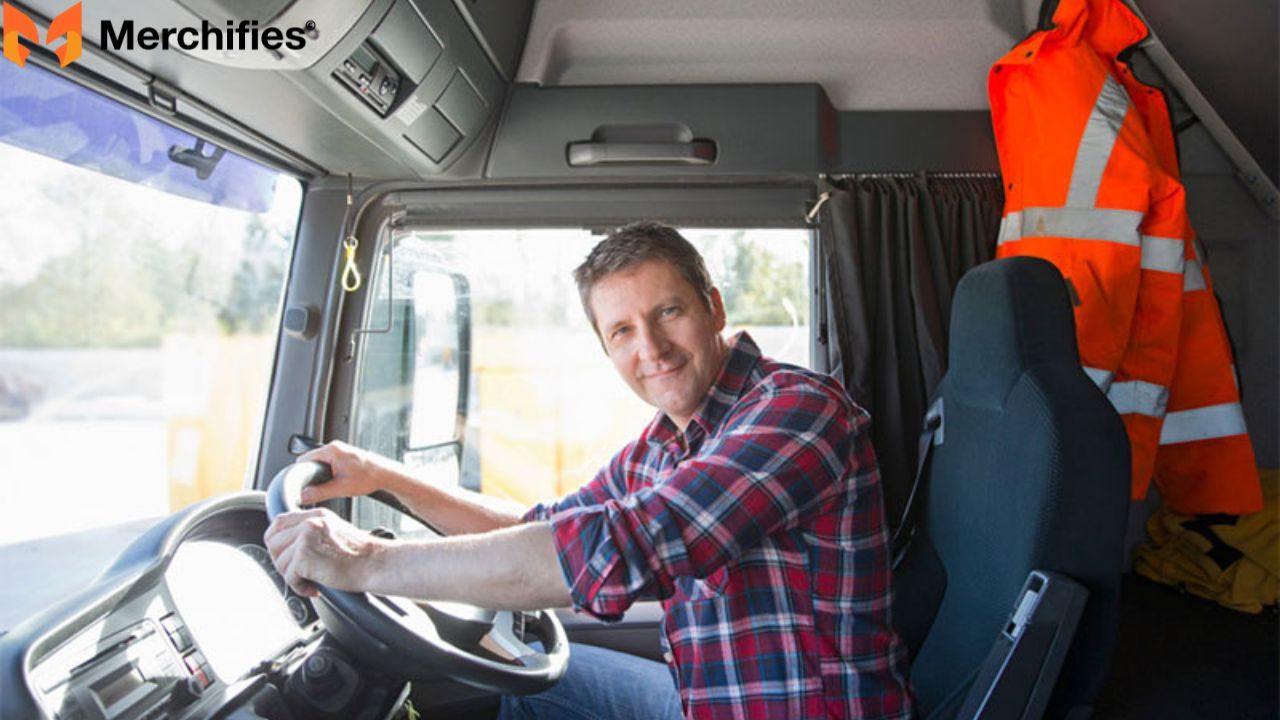
Truck stop connections happen organically. You park next to someone. Start talking about weather. End up sharing coffee and life stories. An hour later you've made a friend you might run into months down the road.
Mutual respect runs deep because only truckers understand what others go through. The family sacrifice. The physical toll. The loneliness. The pride. When truckers meet, no explanation is necessary—instant recognition of shared experience.
"Once a trucker, always a trucker" means the identity sticks for life. Retired drivers still hang around truck stops decades after their last run. The lifestyle becomes core identity in ways typical jobs don't.
Support networks form naturally. When someone breaks down, other truckers stop to help. When someone struggles backing into a tight dock, veterans offer guidance. This mutual aid operates without formal organization—it's simply how truckers treat each other.
Shared Experience Bonds
Truckers can start conversations mid-thought because shared context doesn't require explanation. Mention a particular stretch of I-80 and everyone knows exactly what you mean. Shared geography and challenges create shorthand communication.
National Truck Driver Appreciation Week (September) brings community together for recognition. Truck shows and competitions provide rare opportunities for isolated drivers to connect in person with hundreds who understand the lifestyle.
Mentorship culture passes knowledge from veterans to rookies. Experienced drivers remember their own difficult first years and help newcomers survive. This informal education teaches unwritten rules and provides emotional support.
Retired drivers say they miss the people most. Not the scenery. Not the freedom. Not even the driving. The people—the relationships, the camaraderie, the belonging. That's what sticks in memory decades later.
Adventure and the Romantic Road
Beyond practical benefits, trucking offers adventure office workers only dream about.
The Beauty of Life on the Road
Witnessing breathtaking landscapes becomes routine rather than rare vacation experience. Sunrise over Kansas plains. Sunset painting Arizona desert red. Fog through Tennessee mountains. Pacific coast views. Every region offers distinct beauty truckers experience regularly.
Ever-changing scenery prevents visual monotony. Office workers stare at the same walls daily. Truckers see different landscapes every day. This constant stimulation keeps minds engaged
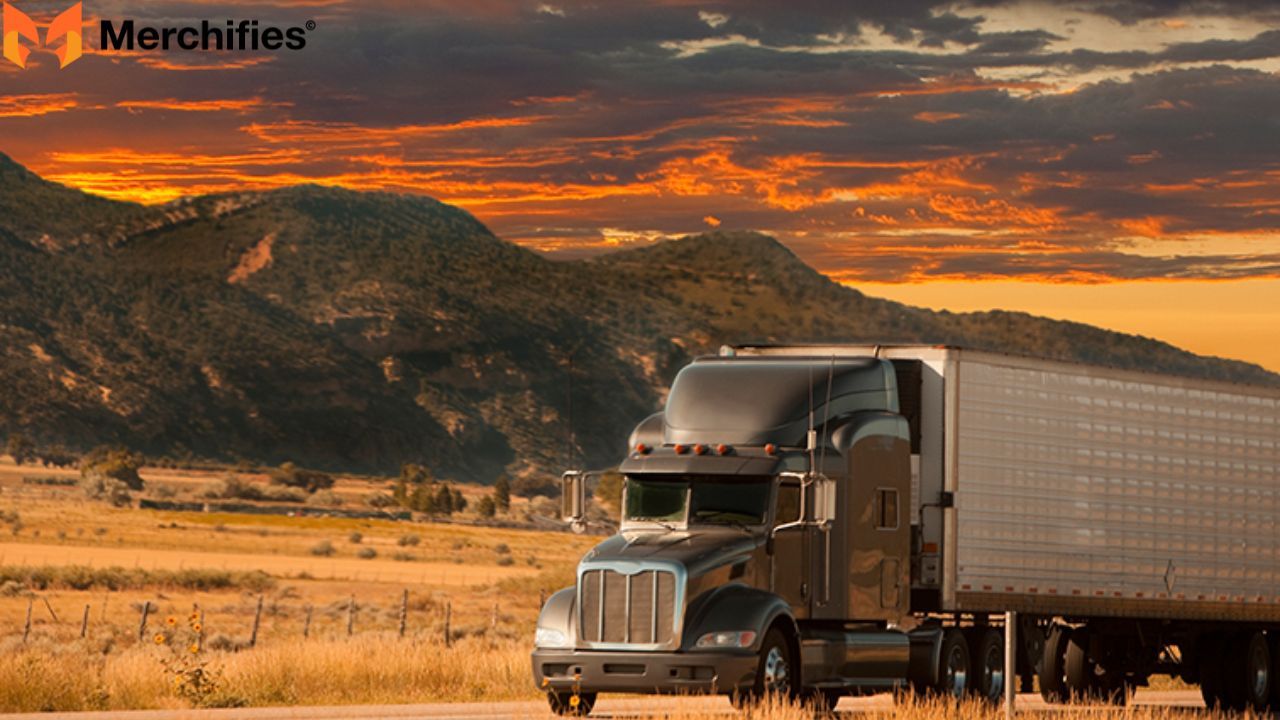
Front-row seats to nature's seasonal changes mean watching spring move north week by week, fall colors migrate south, winter storms sweep across regions. This connection to natural rhythms grounds truckers in cycles most modern workers lose.
Discovering hidden America happens constantly. Small towns maintaining Main Street character. Family diners serving three-generation recipes. Quirky roadside attractions. Truckers accumulate intimate knowledge of American diversity tourists never access.
Adventure and Variety
Urban to rural diversity creates dramatic contrasts. Navigating Manhattan traffic one morning, crossing Wyoming emptiness that afternoon. This variety prevents routine and keeps driving intellectually engaging.
Regional exploration exposes drivers to different cultures, accents, foods, and traditions without leaving the country. Southern hospitality differs from Midwestern friendliness differs from Western independence. This cultural education happens naturally.
Weather variety means experiencing desert heat, mountain snow, coastal fog, and plains thunderstorms all in the same month. Unlike climate-controlled offices, truckers remain connected to actual weather.
Meeting diverse people from all walks of life happens at truck stops, loading docks, and customer locations. Conversations create a cross-section of American society no other profession matches.
The Therapeutic Highway
Open road contemplation provides rare opportunity for deep thinking without interruption. No email notifications. No coworker questions. Just forward motion and mental space.
Long hours allow personal growth most people never experience. Time to think about life direction, relationships, values, goals. The highway becomes moving meditation space where insights arise naturally.
Highway as emotional healing sanctuary helps drivers work through grief, anger, anxiety, stress. Something about forward motion combined with isolation creates conditions for emotional processing.
Challenges That Define the Lifestyle
Honest discussion about challenges respects truckers rather than romanticizing unrealistically.
The Honest Reality
Physical demands accumulate over years. Sitting for extended periods causes back problems. Irregular sleep patterns disrupt health. The physical toll becomes serious over time.
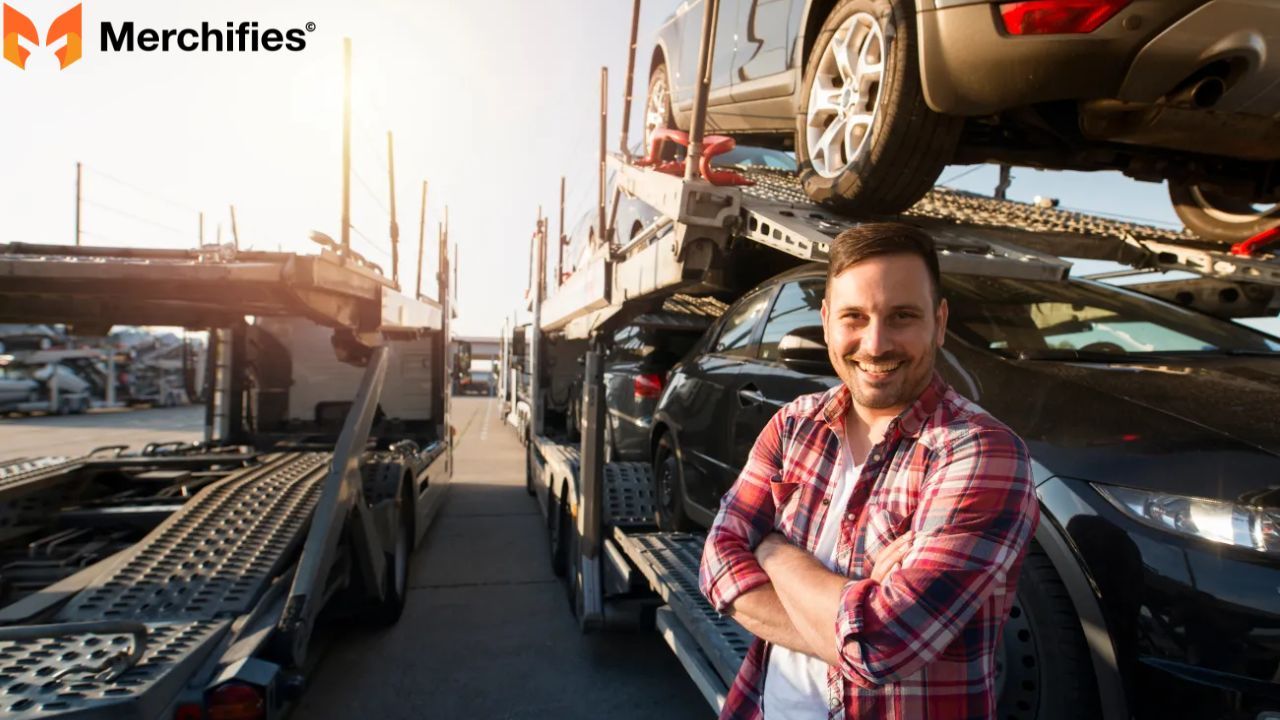
Mental resilience requirements are significant. Loneliness affects most drivers eventually. Extended isolation can trigger depression. Time away from family creates emotional strain. Missing important life events hurts.
Work-life balance struggles never fully resolve. Partners manage households alone. Kids grow up with parent physically absent more than present. Relationships require extraordinary communication to survive trucking schedules
Health challenges extend beyond physical issues. Maintaining proper diet with limited healthy options requires discipline. Finding time for exercise takes creativity. Mental health resources remain stigmatized in trucking culture.
What Separates Truckers
Fatigue management while adhering to hours-of-service regulations requires discipline. Professional drivers prioritize safety over speed despite temptation to push through exhaustion.
Driving through storms, ice, fog, and extreme temperatures tests skill and nerve. White-knuckle driving through blizzards. Navigating downpours with limited visibility. Weather challenges never stop.
Patience for traffic congestion and urban navigation prevents mistakes. Sitting in gridlock for hours. Dealing with aggressive car drivers who don't understand truck limitations. Maintaining composure despite frustration separates professionals from amateurs.
Why Truckers Persevere
Challenges build character ordinary jobs don't require. Overcoming isolation strengthens mental toughness. Managing fatigue develops self-discipline. These character developments feel meaningful.
Difficult lifestyle creates exclusivity—not everyone can do this. Truckers take pride in surviving challenges that force many others out. The toughness required becomes identity element.
Shared hardships strengthen brotherhood. Common suffering bonds people. Veterans help newcomers. Community support makes challenges bearable.
Modern Trucker Lifestyle Elements
Today's trucking incorporates technology and amenities previous generations never had.
Today's Road Life
Cab customization creates personalized workspace. Smartphone mounts. CB radio. Cup holders. Cooler for healthy food. Organization systems. Mini-fridge. Small TV. Truckers design cabs matching personal needs exactly.
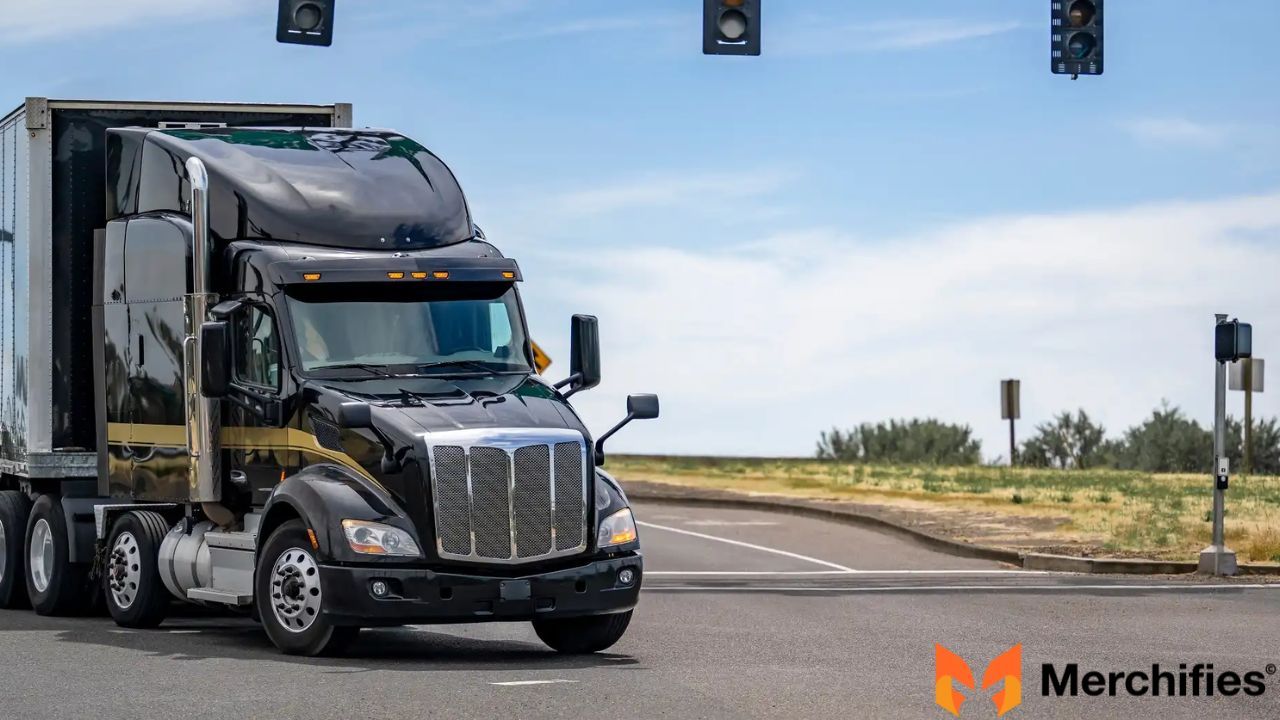
Pet companionship reduces isolation significantly. Many carriers allow pets, recognizing mental health benefits. Dogs provide emotional support and force physical activity. The therapeutic value justifies minor inconveniences.
Technology integration makes modern trucking easier. Apps showing truck stops, rest areas, available parking. Weather apps with route-specific forecasts. Navigation apps with truck-specific routing. Audiobook and podcast apps.
Communication tools keep drivers connected despite distance. Smartphones enable voice calls. Video calling allows face-to-face contact. Text messaging maintains daily contact. This technology prevents extreme isolation older generations experienced.
Truck stop amenities have improved dramatically. Modern facilities offer hot showers, restaurants with healthy options, laundry, WiFi, entertainment lounges, even fitness centers.
Frequently Asked Questions
What makes trucker lifestyle shirts different from regular t-shirts?
Trucker lifestyle shirts carry identity and cultural meaning beyond decoration. They communicate values—freedom, pride, brotherhood—to other truckers and the public. Truckers wear these as badges showing they're part of an exclusive community. Regular t-shirts just cover bodies. Trucker shirts represent who someone is.
Do truckers actually care about the shirts they wear?
Absolutely. Truckers notice what other drivers wear at truck stops and delivery locations. Shirts start conversations and create instant connections. The right shirt validates identity publicly and signals insider status.
What design mistakes do people make with trucker apparel?
Relying on Hollywood stereotypes instead of real culture. Overly aggressive lone wolf imagery, disrespectful safety humor, and outdated references signal exploitative outsider. Poor readability, weak fabric quality, and messages that don't reflect genuine values also fail. Authenticity matters more than clever graphics.
Should trucker shirts be funny or serious?
Both work when done correctly. Humor should come from understanding—jokes truckers tell themselves about coffee addiction or truck stop food. Self-deprecating humor builds connection. Serious designs celebrating pride and freedom resonate equally. Balance authenticity with appropriate tone.
What colors work best for trucker lifestyle apparel?
Classic colors dominate: black (practical), navy (professional), charcoal, gray. High-visibility colors like orange and yellow reference safety culture. Patriotic red-white-blue aligns with trucker values. Avoid pastels or trendy fashion colors that don't match working-class aesthetic.
How important is quality for trucker apparel?
Extremely important. Truckers wear shirts repeatedly, wash frequently, and put clothing through tough conditions. Cheap fabric falls apart. Poor printing cracks. Uncomfortable fits get abandoned. Quality means durable fabric, solid printing, and comfortable fits.
Final Thoughts
The trucker lifestyle represents genuine independence, meaningful work, and tight community bonds. Understanding this lifestyle deeply matters if you want to create trucker lifestyle shirts that resonate rather than exploit stereotypes.
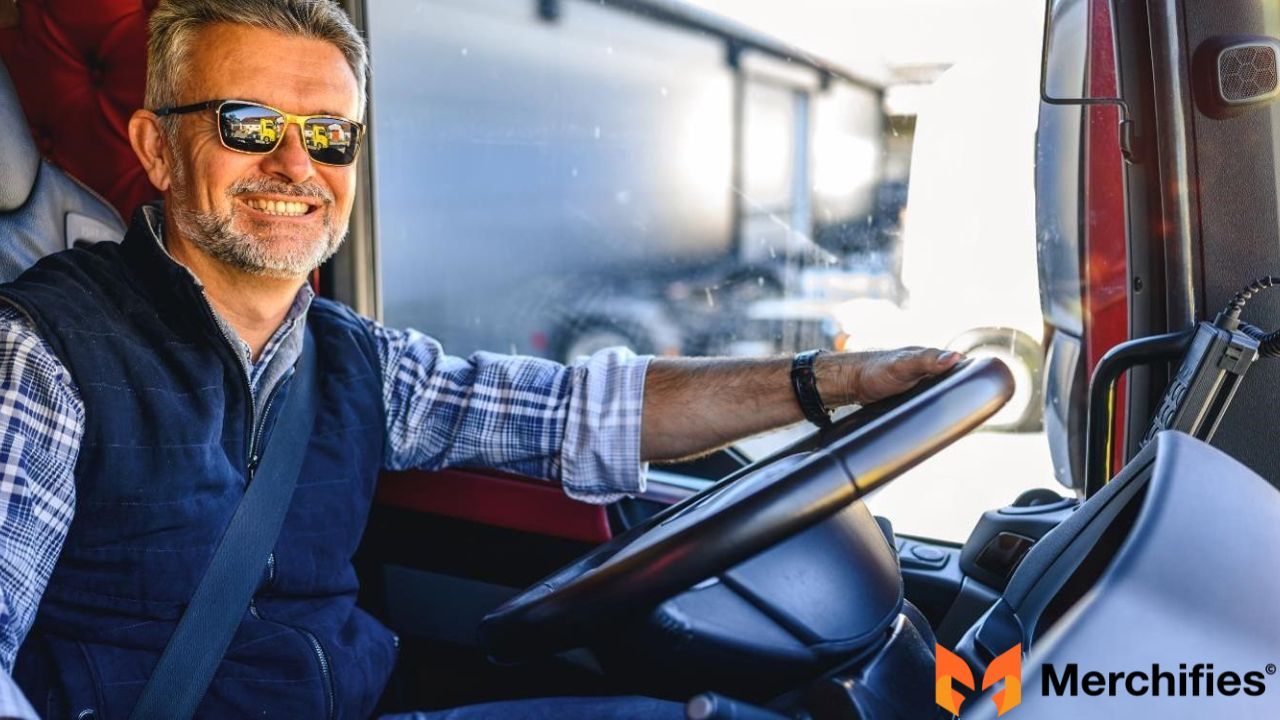
Freedom means autonomy, escape from corporate constraints, and the open road as symbol. Pride comes from moving America's goods, mastering skills, and maintaining reliability. Brotherhood develops through shared sacrifice and mutual support.
Challenges are real—physical toll, family sacrifice, loneliness. But truckers persevere because rewards of purpose, freedom, and community outweigh costs. Designs acknowledging both rewards and challenges create authentic connection.
Creating authentic trucker apparel requires understanding that trucking isn't just employment—it's identity. "Once a trucker, always a trucker" isn't marketing hyperbole. It's reality.
Design with respect. Research thoroughly. Listen to actual truckers. Avoid stereotypes. Celebrate genuine accomplishments. Honor real challenges. Use trucker language correctly. Reference authentic experiences.
The trucking community spots fake designs instantly. Earn trust through authenticity. Show genuine appreciation rather than seeing profit opportunity. That respect shows in design quality, message authenticity, and commitment to serving the community.
When you create trucker apparel from genuine understanding, you're not just selling shirts—you're providing identity markers for a community that takes pride in keeping America moving. Honor the Knights of the Road. Celebrate their freedom, pride, and brotherhood. Create designs worthy of their sacrifices and essential service.
-d4c38c342cdf20ca.jpeg)


-b555fcc6b204c456.jpeg)




